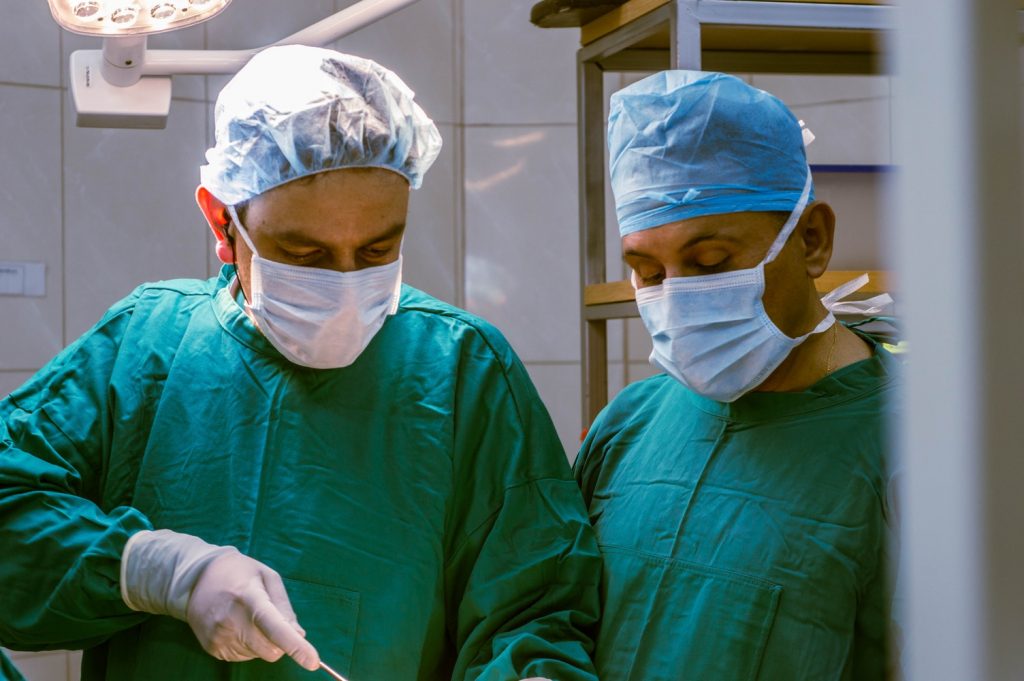Medical Conditions
- Ischaemic heart disease – narrowing of the blood vessels that supply the heart with blood and oxygen – may cause angina, heart attack, heart failure and ultimately death.
- Valvular heart disease – the heart valves may become diseased and require replacement.
- Lung cancer
- Trauma
- Pneumothorax
- Emphysema / CAL
- Aortic dissection
Specialty Areas of Interest
- Thoracic surgery
- Cardiac surgery
Book your health appointments online
Find and instantly book your next health appointment with Healthengine
Associated Tests
Procedures
- Coronary artery bypass graft (CABG)
- Valve replacement
- Lobectomy
- Pneumonectomy
- Pleuradhesis
- Lung volume reduction surgery
What to expect
History
Your cardiothoracic surgeon will ask about your current symptoms, previous and current therapy and state of fitness.
Examination
Your cardiothoracic surgeon will examine your heart and chest in association with reviewing other imaging investigations.
Training and Qualifications
Entry into cardiothoracic training is usually very competitive. Once selected 5 years of specialty training follows. Trainees work and operate under the supervision of a consultant / specialist cardiothoracic surgeon. Registrars must sit examinations, perform many supervised operations and conduct research before eventually reaching specialty level.
Links
A: Use HealthEngine to find and book your next GP appointment. Click on the following locations to find a GP clinic in your state or territory.
This article is for informational purposes only and should not be taken as medical advice. If in doubt, HealthEngine recommends consulting with a registered health practitioner.
All content and media on the HealthEngine Blog is created and published online for informational purposes only. It is not intended to be a substitute for professional medical advice and should not be relied on as health or personal advice. Always seek the guidance of your doctor or other qualified health professional with any questions you may have regarding your health or a medical condition. Never disregard the advice of a medical professional, or delay in seeking it because of something you have read on this Website. If you think you may have a medical emergency, call your doctor, go to the nearest hospital emergency department, or call the emergency services immediately.








